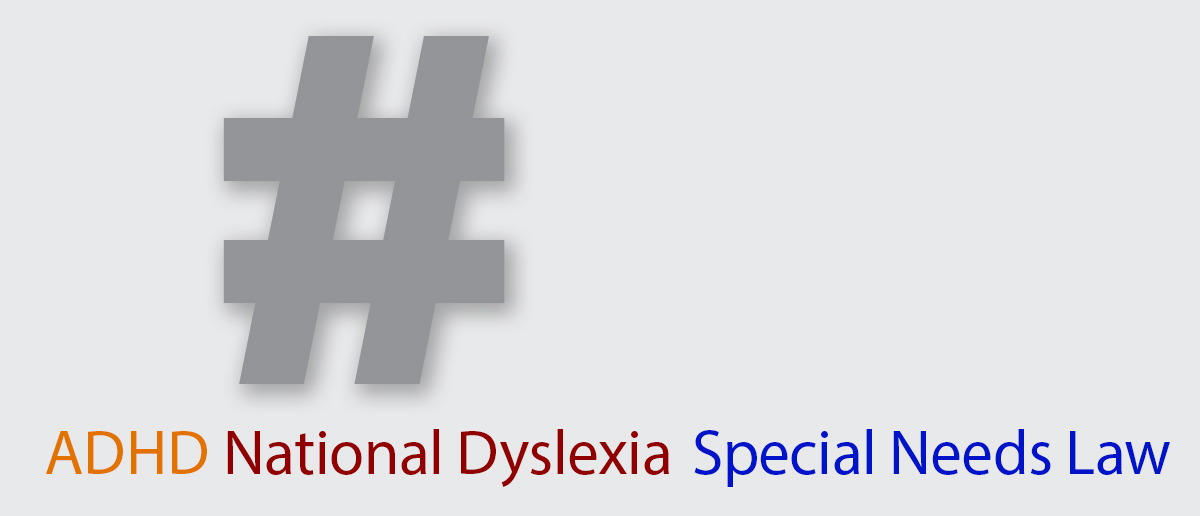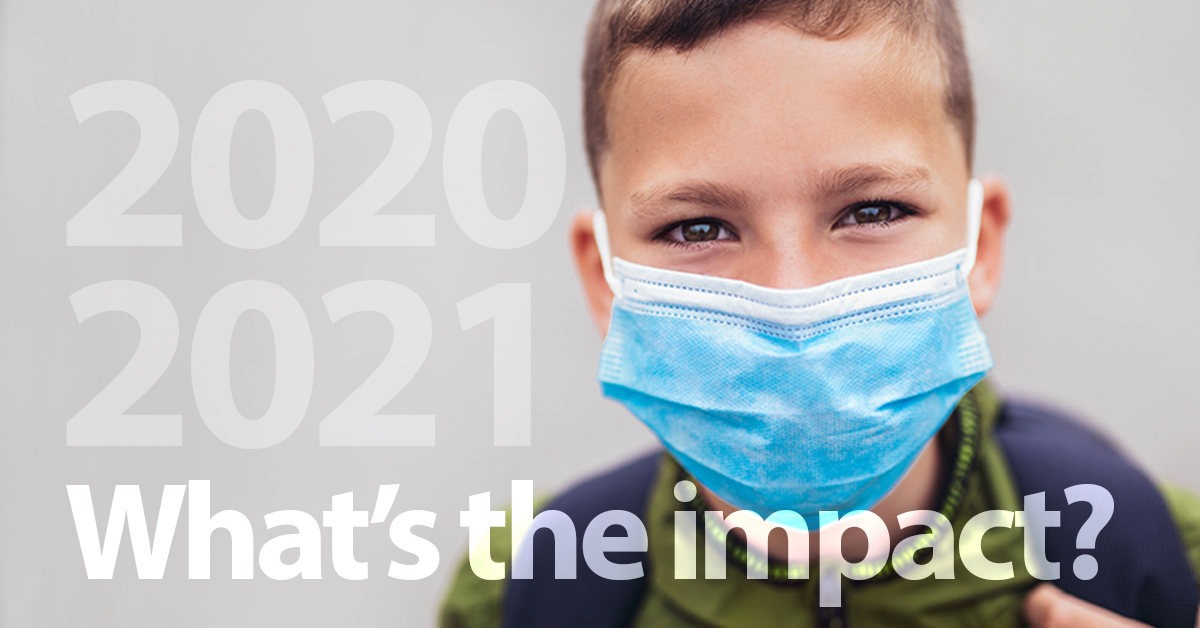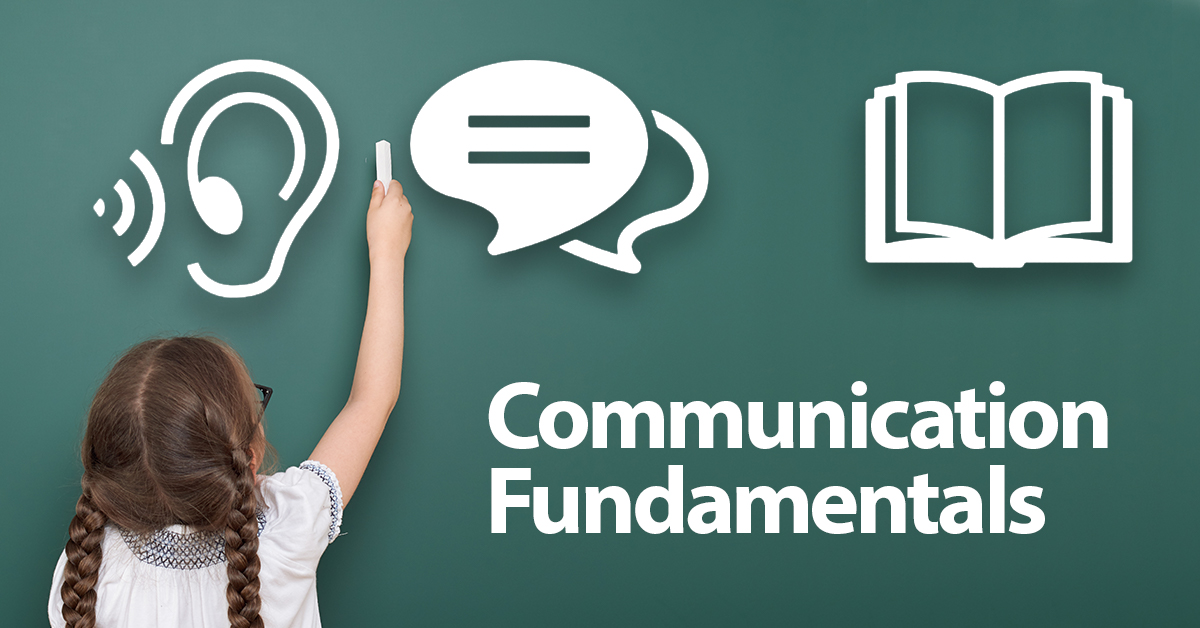By Mariann Crincoli, Esq. Having sat on Boards of Education in the past, I am thankful for the turnaround in perspective that my 6 years as an attorney at...

Schedule a Consultation Now
Sussan, Greenwald & Wesler >
Sussan, Greenwald & Wesler >

By Mariann Crincoli, Esq. Having sat on Boards of Education in the past, I am thankful for the turnaround in perspective that my 6 years as an attorney at...

October is the month for apples, pumpkins, crisp fall weather and Halloween spells – and National Estate Planning Awareness Week, October 18-24. For the...

The month of October commemorates important issues for students with special needs. Included among those issues are dyslexia and ADHD. For parents and...

This looming topic has spurred numerous studies globally during the 2020-2021 school year. Some of the pertinent discoveries include: In the United States,...

by Jayne Wesler. Esq. Since February 2020, families have been struggling with the increasing complexity of their children’s education. You’ve had to upend...

By Nicole L. Crincoli, Esq. and Theresa Sullivan, B.S, A.A.S. Welcome to the Garden State! Our lovely state features 130 miles of coastline, natural,...

By Theresa Sullivan, B.S., A.A.S Many children with IEPs struggle when trying to adjust to the changes a new school year brings. A common complaint among...

By Theresa Sullivan, B.S, A.A.S. With so many people relocating, it’s important to understand the process of transferring guardianship rights to another...

By Theresa Sullivan, B.S, A.A.S. Tourette syndrome (TS) is a neurological disorder characterized by sudden, repetitive, rapid, and unwanted movements or vocal...

By Theresa Sullivan, B.S, A.A.S May is “Better Hearing and Speech Month,” and we at SGW know how fundamental speech and hearing functioning are to a student’s...
Business owners should pay close attention to the various rulings and implications in this case involving the CTA. What is the CTA? The Corporate Transparency Act (CTA) is a federal law designed to prevent money laundering and financial crimes. It requires most small...
It’s a simple fact that no one can predict the future with complete certainty, and unexpected health or financial events can occur at any time. Therefore, every adult who possesses any assets ought to make an estate plan, for the sake of the people they care about....
The public education infrastructure in New Jersey provides students with specific disabilities access to special education classes and services in order to meet their needs. The purpose of the laws that offer this access is to ensure every student can learn and grow...
Bullying is an unfortunate reality in K-12 school systems across the country, and children with disabilities often bear the brunt of mistreatment by peers. While many school districts have zero-tolerance policies for all forms of harassment and abuse, these policies...
The special education system in New Jersey is complex. In order for their needs to be best met and to get the most out of their education, a student’s parents or guardians may opt for either a 504 plan or an Individualized Education Program (IEP). Both of these...